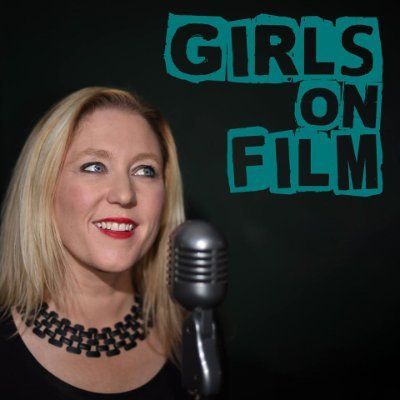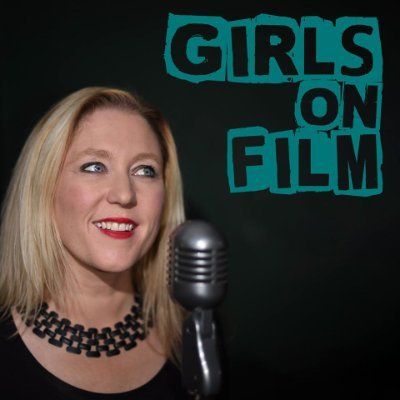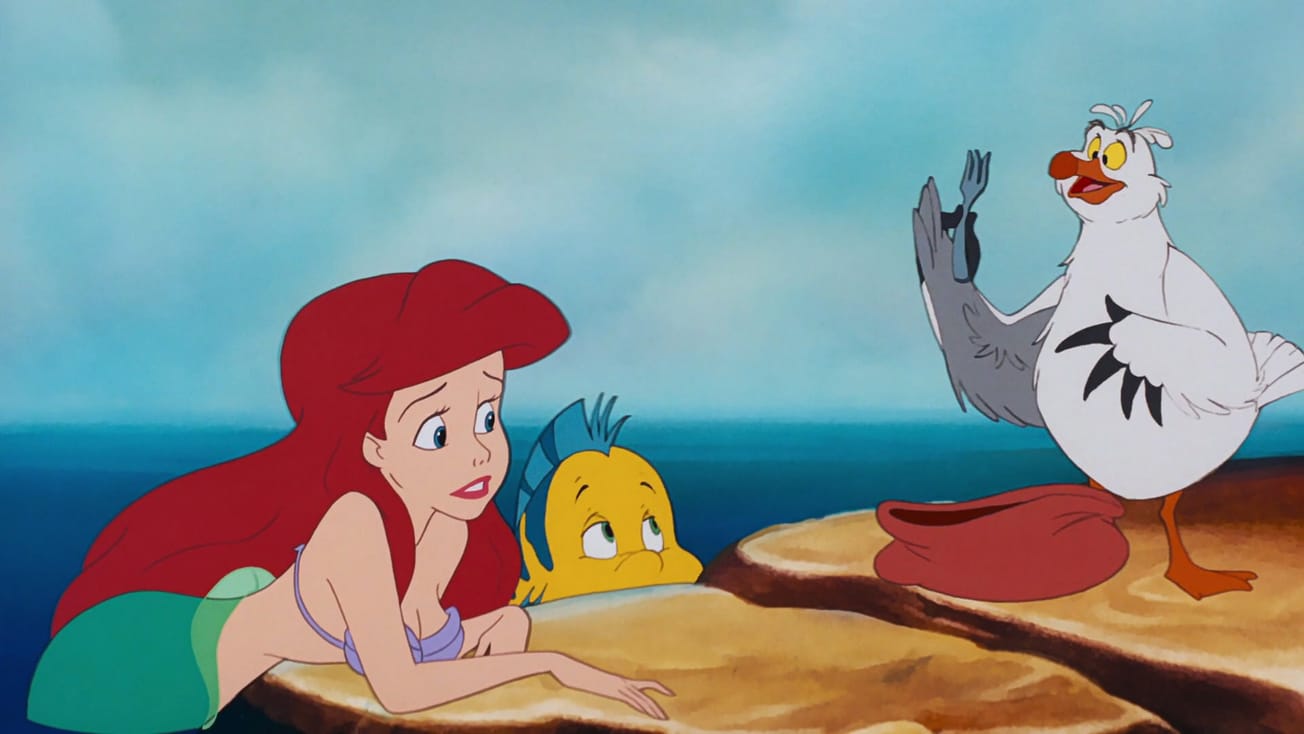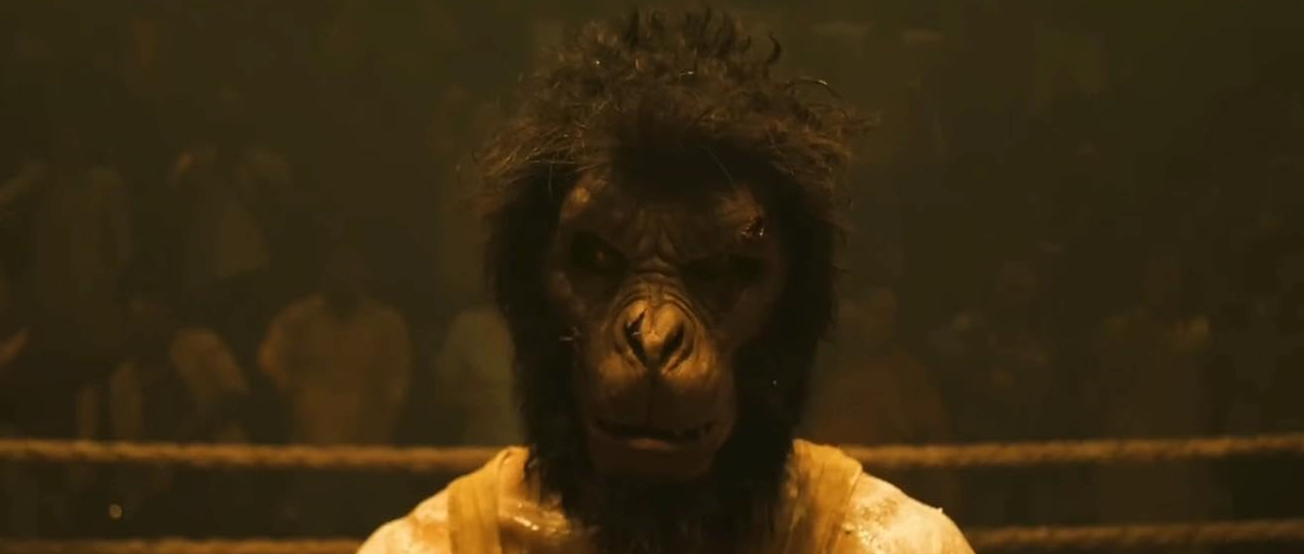By Sam Vickers, Film & TV Deputy Editor
I’ve often wondered what makes a great film review. It’s immediately obvious when you read one, but rather more difficult to define the qualities of a good review. Naturally, clear communication and insight are vital, but there is surely something beyond these elements that distinguish the very best in film criticism.
On the 5th of March, I attended a masterclass run by the Watersprite Film Festival to find an answer to my question. Discussing their methodology for film criticism and the importance of diverse representation, the impressive team of panelists included Sydney Levine, creator of the first film database, FilmFinders, that would go on to become IMDb; leading UK film critic and podcaster (Girls on Film), Anna Smith; and correspondent reviewer, Alin Tasciyan – as well as a wealth of others.

In my quest to answer this question of what makes a great film review, I intend to compare (and contrast) some key questions, and the answers given by these experts in their field, and hopefully draw some conclusion about the nature of this criticism.
The discussion kicked off with an evaluation of the appeal of film criticism, and so I too will begin here. Firstly, we must consider the contemporary landscape for this kind of criticism. Due to the veritable sea of content instantly available, it can be difficult to discern what’s worth watching and what isn’t. In this way, according to Heather Dempsey (freelance critic and social media manager of Girls on Film), film criticism helps us not only to identify and celebrate the very best achievements in filmmaking (as awards shows do), but also to interrogate them and their cultural and artistic significance.
Neena Porter, film critic and writer on new media, argues that it is an accessible and universal format for debate, that everyone unwittingly engages in walking out of the cinema. This is a very prudent argument, given the thousands of Twitter threads devoted to amateur film analysis. Sydney Levine points out that most professional criticism handles films that resonate with the author, and so it is a medium that allows a reader to appreciate the emotional impact of a film, and ideally even indulge in it vicariously.
This does raise an important further question about the impact of social media. Anyone and everyone is a critic nowadays, whether that be of film, or of culture in general. But if film criticism is valuable because it helps us to identify the best out of a multitude of films to watch, do we now perhaps need ‘criticism criticism’ to help us identify whom, out of a sea of critics, to read? Surely not – as Neena Porter points out, most of us are aware that informal, online reviewing is a bit of a gamble and take it with a pinch of salt.
She goes on to say that social media is actually an excellent environment for young people to cultivate a genuine artistic interest in film – even if what’s on Twitter isn’t as refined as Mark Kermode writers in The Observer, that’s the platform that young people will actually read actively. For youth engagement, the impact of social media has been indispensable. Alin Tasciyan, however, points out that this kind of criticism can be divisive and ultimately narrows the public taste, as viral becomes a more coveted compliment than thoughtful.
We may draw a line between amateur and professional film criticism, but are there further divisions? Hedda Archbold (film agent and producer of Girls on Film) would argue that there are, citing one staggering statistic about diversity in the industry: only 4.7% of reviews of the top films of 2017 were written by women of colour. Giving a voice to a wider cross-section of the population was one of the founding principles of the Girls on Film podcast, which releases episodes from a female perspective every month. Heather Dempsey maintains that a limited critical establishment limits the breadth of films that we engage with, because the films that resonate with the critical elite are more restricted. I was intrigued to hear about how more diverse representation in film criticism could be the best way forward for minority filmmakers to break into the industry – if there are more writers who can engage with their work in a serious and intimate way, this can only be good for promoting that same diversity in mainstream cinema.
Even something as seemingly trivial as switching up the order of the cast list can have a profound effect on one’s perception of a film (e.g. “When Harry Met Sally, starring Meg Ryan and Billy Crystal”). This was just one of Anna Smith’s suggestions to help overcome established, but antiquated traditions in this line of reviewing.
Finally, the panel came to ponder whether there is a formula for writing a film review and, if so, what is it? Anna Smith posits that the film should dictate the structure of a review and there is no single set formula, only a few ubiquitous elements (hook the reader, be economic with words etc.). Heather Dempsey prudently observes that one must always consider the readers’ expectations and the format – for example, a review for the radio must have more description to help a reader visualise the film, than a print review with pictures.
Amazing Films Directed by Women: A Shortlist
International Women's Day: how has the female protagonist evolved on-screen?
Frustratingly, it seems there really is no fixed blueprint for a great film review. Above all else, the panellists agreed that the single uniting aspect of great reviews was to write about films that make the greatest emotional impression on you. And this seems like a good place to start.
Of the myriad nuggets of wisdom, perhaps the most enduring, sagacious piece of advice I heard was from Alin Tasciyan: “Never write an article for free. Never sell your soul for free”. Expect a bill, Epigram!
Featured: Watersprite Film Festival, @GirlsOnFilm_Pod
Have you attended any film festivals this year?








